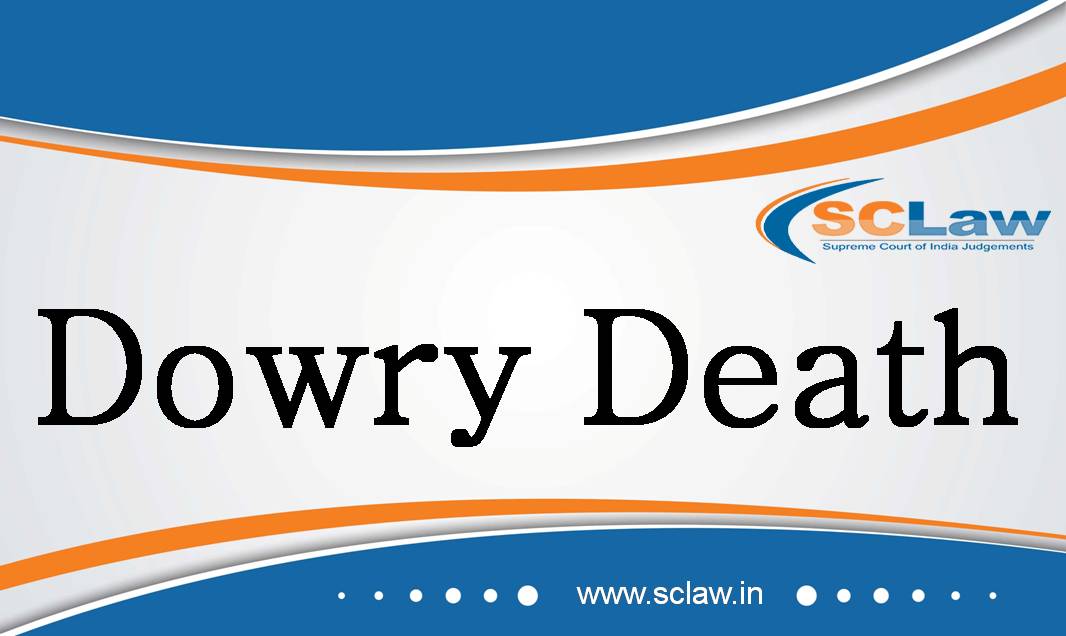Trial court, committed a patent error in discarding the dying declaration and the other material evidence, discussed hereinabove. Therefore, the interference by the High Court in the appeal against the acquittal of the appellant and recording the finding of his conviction for the offence under Section 302 of the IPC, on consideration of the evidence, is justified.
SUPREME COURT OF INDIA DIVISION BENCH VIJAY MOHAN SINGH — Appellant Vs. STATE OF KARNATAKA — Respondent ( Before : L. Nageswara Rao and M.R. Shah, JJ. ) Criminal Appeal…

